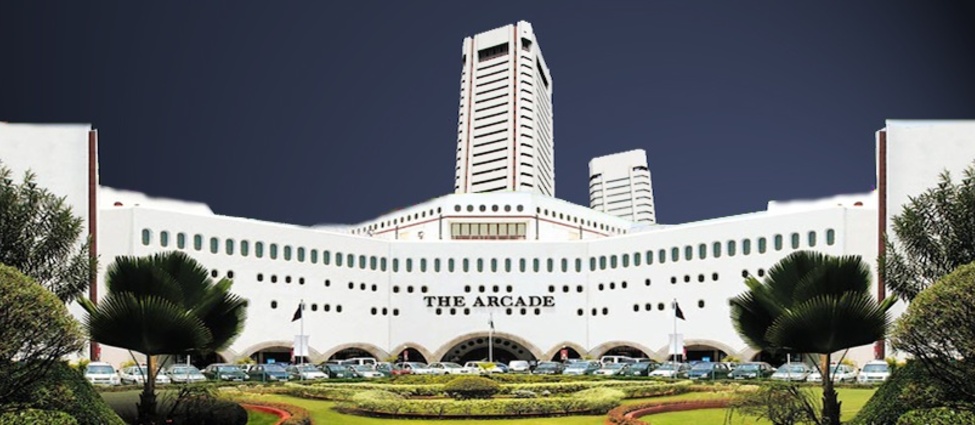

News

Experts suggest GST measures to support exporters
At a time when India’s merchandise exports have been declining for the last five consecutive months, tax experts suggest five key changes in GST regulations to provide relief for exporters to enhance their global competitiveness. These five changes are: 1) amendment in Rule 96B of CGST Rules, 2) clarity on recipient of remittance service in foreign trade, 3) clarity on input tax credit facility under TR-6 Challan, 4) valuation of deemed supply services and 5) clarity on GST liability on shipment of samples.
“Even though the current slowdown in merchandise exports is due to global demand slowdown and current on-going war between Russia and Ukraine (which has led to increase in inflation, global monetary tightening and recession), the Indian government can support its exporter community by addressing existing gaps or ambiguity in the GST regulations applicable for export shipments’’ said Adv. Nirav Sanjay Karia, Partner & Advocate, Lakshmikumaran & Sridharan Attorneys at a webinar organised by MVIRDC World Trade Center Mumbai.
Adv. Karia further informed that the government may bring in clarity about whether Indian exporters are liable to pay GST on reverse charge mechanism with respect to bank charges deducted by overseas bank when foreign buyer remits sales proceeds to the Indian exporter.
Adv. Chaitanya Ramesh Bhatt, Partner & Advocate, Lakshmikumaran & Sridharan Attorneys suggested that the government should issue clarification on whether exporters can claim input tax credit against payment of Integrated Goods & Services Tax (IGST) through TR-6 Challan for import of input materials.
Adv. Bhatt also raised the appoint on the ambiguity faced by exporters on bifurcation of invoices under Input Service Distributor (ISD) and Cross Charge. For this, he said that the 50th GST Council in its meeting has stated that it will provide suitable clarification with respect to ISD and Cross charge.
He also said “As per Schedule I of CGST Act, exporters have to pay IGST on reverse charge mechanism even for supplies made between related persons without consideration. For instance, if an Indian subsidiary uses the brand name of its foreign parent company, it is considered as deemed supply even though there is no royalty paid by the former to the latter. Here, the challenge is how to determine the cost or value of this supply as no consideration is exchanged between the parties.”
Dr. Vijay Kalantri, Chairman, WTC Mumbai pointed out, “India has made tremendous progress in streamlining the GST system within six years, while it took upto 10 years for many other countries to develop a well-functioning value added tax system. At the same time, government needs to address several unfinished reform agenda to attain the original intent of One Nation, One Tax.”
Dr. Kalantri suggested, “Government may simplify the system by reducing the multiple tax slabs to two and bringing down rates wherever required. By reducing tax rate, we can improve compliance and tax collection. The number of items under 28% tax slab has been reduced from 227 in 2017 to 37 items currently. There is still scope to reduce the number of goods under this highest tax bracket; only sin goods such as tobacco should be taxed at 28% slab and rates on other goods may be reduced.” He also recommended bringing petroleum products under the ambit of GST.
Dr. Vijay Kalantri, Chairman, WTC Mumbai (5th from left) and Ms. Rupa Naik, Executive Director, WTC Mumbai (7th from left) with Mr. Edison Hsu, Director, Taipei World Trade Center Liaison Office in Mumbai (6th from left) and the members of the Taiwanese business delegation.